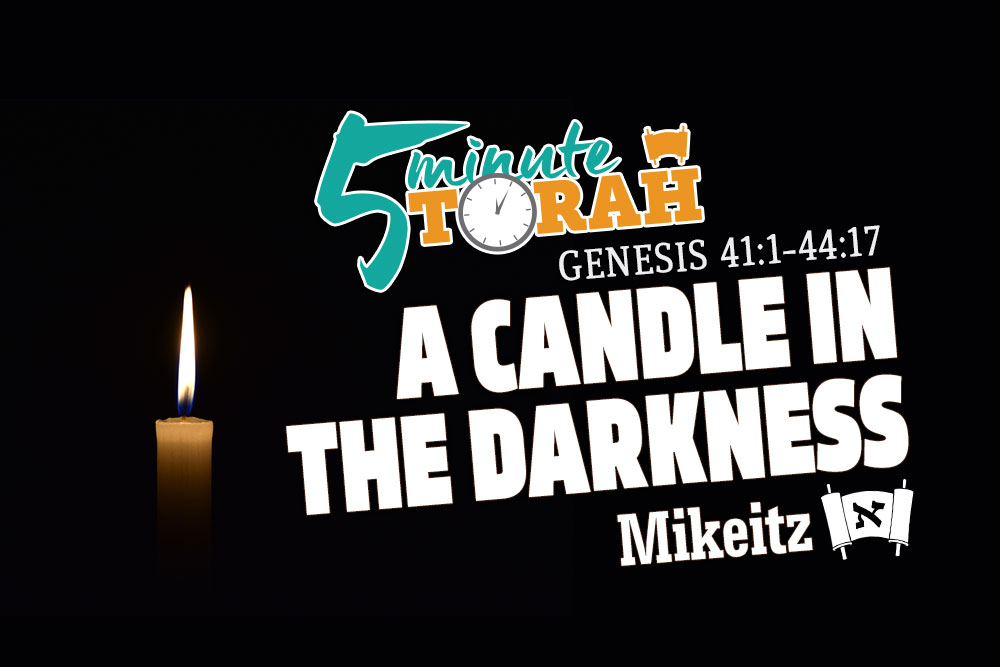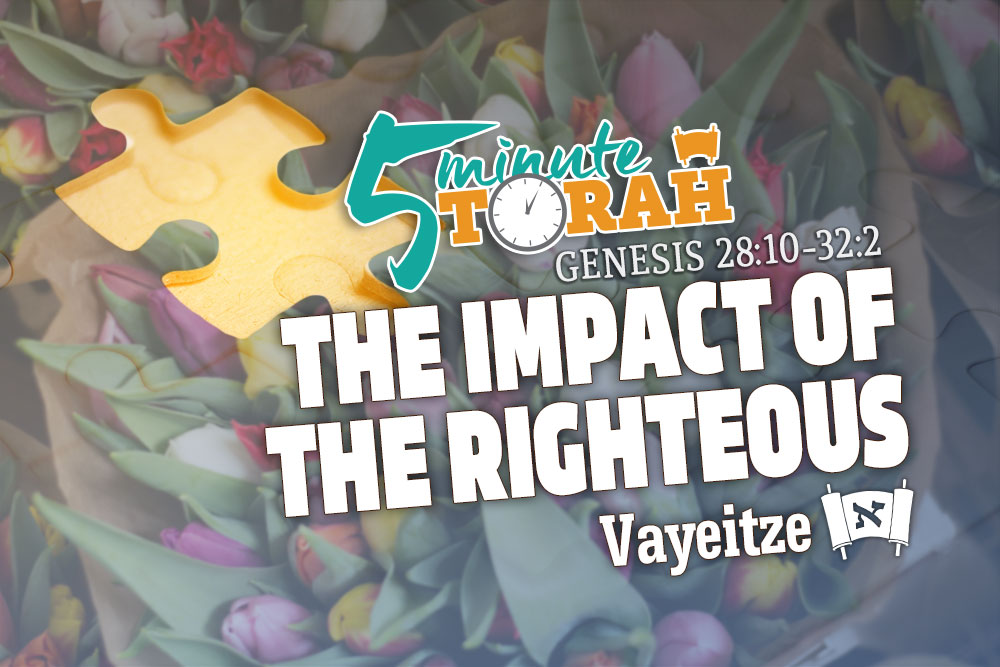Featured Posts
|
|
Genesis 41:1-44:17Nearly every year Parashat Mikeitz is read in conjunction with the celebration of Hanukkah. Can we find any parallel or insight in this week’s Torah portion that relates to Hanukkah? A few of our rabbis (particularly Rabbi Yaakov Weinberg) have brought insight into this correlation. Our parashah tells us:
|
|
Parashat Vayeishev begins the story of Joseph. When we first encounter him, he is a seventeen year old young man. We learn that his father, Jacob, had a special love for him above all of his eleven brothers. He was loved so much that his father had given him a special and highly recognizable garment that distinguished him from among his brothers. This disproportionate love stirred up jealousy from his brothers and fostered their resentment toward him. That resentment eventually turned to a genuine hatred of Joseph and caused his brothers to plot to do away with him. |
Parashat Vayishlach (Genesis 32:3-36:43)When Shechem first saw Dinah, he immediately desired her. He knew he needed to do whatever it took to get her. Our English translations make it appear that he simply found her alone and had his way with her. It says, “he seized her and lay with her and humiliated [or violated] her” (Genesis 34:2). The next verse, however, seems to indicate that Shechem had a genuine love for Dinah. It says, “And his soul was drawn to Dinah the daughter of Jacob. He loved the young woman and spoke tenderly to her” (Genesis 34:3). Even more confusing is the midrash’s account of how Dinah was rescued from Shechem. Commenting on the Torah’s account that they “took Dinah out of Shechem’s house,” Rabbi Judah says, “They dragged her out [against her will] and departed” (Midrash Rabbah 80:11 commenting on Genesis 34:26). |
Keys to the Kingdom, Part 2
|
Parashat Vayeitze (Genesis 28:10-32:2)Our parashah begins, “Jacob left Beersheba and went toward Haran” (Genesis 28:10). Rashi makes a keen observation on this verse. He asks a question that should be obvious to us: “Why does the Torah mention Jacob’s departure from Beersheba?” If we’ve been paying attention, we should remember that the Torah had just mentioned this fact a few verses prior. Verse seven says, “Jacob had obeyed his father and his mother and gone to Paddan-aram.” Haran is located within the region of Paddan-aram. Therefore, we’ve been told twice within a few sentences that Jacob went toward Haran. If the Torah doesn’t waste words, then why does it repeat itself in this case? Rashi says that we are supposed to learn an important lesson through this repetition: |
Pages
Welcome
Welcome to Emet HaTorah, where we connect disciples of Yeshua to the eternal Torah of God. We're blessed to have you here! We hope to be an online source for discipleship resources from a Messianic Jewish perspective. If you're new to Emet HaTorah have a look around and enjoy some of our online teaching resources and sign up for email updates. You'll be blessed!














